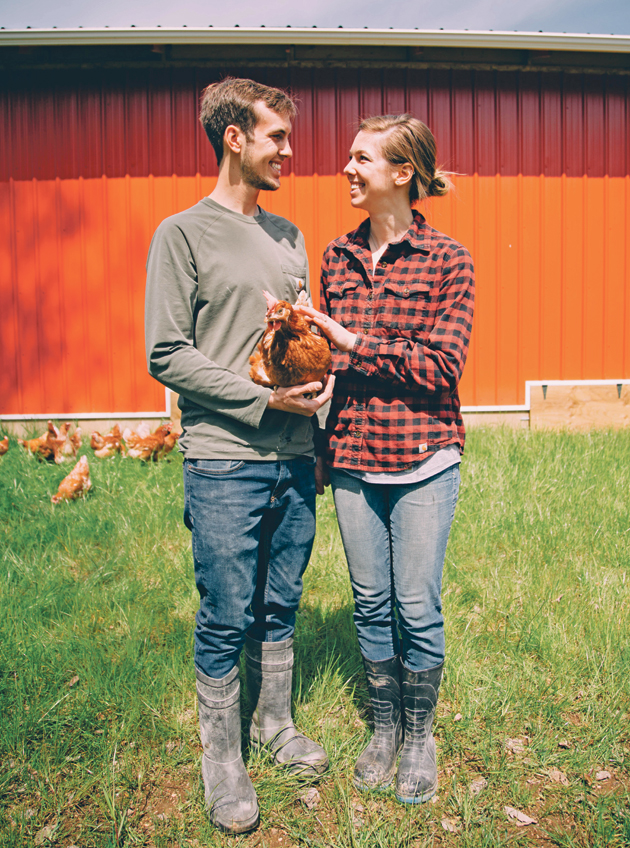Vitala, the company behind the product, claims these are the only free-range eggs that have 100 percent of the required daily intake of vitamin D
Another free-range egg product is entering the market as consumers continue to demand food from animals that are raised ethically.
Vitala Foods of Abbotsford, B.C., recently launched Free Bird Eggs, which are fortified with vitamin D.
Bill Vanderkooi, a partner with Vitala, said the company was awarded extra quota to make Free Bird happen.
The company works with farmers in British Columbia and Saskatchewan, and the eggs are sold in both provinces.
“It’s been a good partnership,” Vanderkooi said, noting the extra quota allowed younger egg farmers to enter the industry.
Read Also

Farming Smarter receives financial boost from Alberta government for potato research
Farming Smarter near Lethbridge got a boost to its research equipment, thanks to the Alberta government’s increase in funding for research associations.
“This was that channel to get them into it, and we support that effort by helping with the branding and marketing.”
However, Vanderkooi said what makes Free Bird Eggs stand out is that one egg offers 100 percent of the required daily intake of vitamin D.
Having 100 percent daily intake is important, he added, because two-thirds of Canadians are at risk of vitamin D deficiency, especially in the winter months, according to Health Canada.
Vitamin D deficiency is caused by low levels of sunlight absorption and can potentially increase the risks of cancer, multiple sclerosis and diabetes.
“We’re the only free-range egg product on the market to have this,” Vanderkooi said.
“Having 100 percent daily value is a key thing for us.”
To ensure the eggs are rich in vitamin D, he said the hens are fed a vegetarian formula that consists of yeast that’s been put into a suntanning-bed-like machine, where it absorbs bountiful amounts of ultraviolet rays. The yeast is then added to the feed after it’s been dried and killed.
“We did a ton of research and trials in order to do this,” he said.
As well, the fact that the eggs are free-range, which means the hens aren’t caged and can access the outdoors for pasture and sunlight, gives Vitala an upper-hand, Vanderkooi added.
“The main reason we did this is because we’re responding to consumer needs on how hens are being raised,” he said.
“We did some market researching before taking this on, and we found more and more are leaning toward these specialty categories. Organic is a big one and so is free-range.”
The company has a mascot named Freeda, which helps with promotion.
“She’s an animated brown chicken who explains why her eggs are healthy,” he said.
“Everyone loves a little freedom.”



















